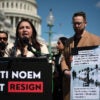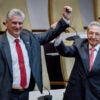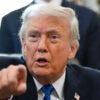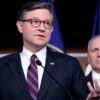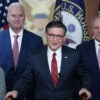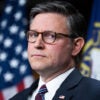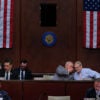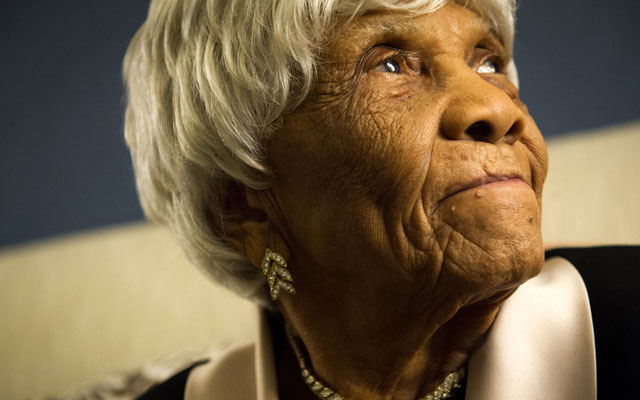It certainly is heartwarming that Desiline Victor, the 102-year-old voter whom President Obama recognized in his State of the Union speech, continues to vote and take part in our democratic process. We wish that more Americans had her sense of civic duty.
The President announced a “nonpartisan” commission led by two campaign lawyers “to improve the voting experience in America” because no one should have to wait in line for “five, six, seven hours just to cast their ballot.” No one disagrees with that sentiment, but the President used Ms. Victor to build a false narrative because she supposedly had to wait in line for more than three hours to vote.
What the President neglected to say, however, was that she waited in line for three hours not on Election Day but on the first day of early voting (October 28) in Miami-Dade County where she lives. On Election Day, when the majority of people vote, Miami-Dade had 829 polling places open, but only 20 were open prior to Election Day.
Early voting is a convenience, not a right, and a relatively new phenomenon. It is meant for those who for some legitimate reason cannot vote on Election Day. Voters in that position also have the option in every state to vote by absentee ballot, something that does not require waiting in line at all. States and localities like Miami-Dade do not have the resources and the manpower to open 829 polling places for weeks before Election Day, and it would be a waste of taxpayer money to do so.
We have started getting lines at the limited number of early voting sites because advocacy organizations and campaigns keep pushing all voters to vote early, not just those who can’t vote on Election Day. That makes no sense, given the small number of early voting sites compared to the huge number of voting sites open on Election Day. If Victor had voted on November 6, she likely would not have waited for three hours. The average wait time in Florida was 45 minutes, the longest in the country, according to an MIT study. But even in Florida, “long lines were the exception rather than the rule,” according to the Orlando Sentinel. In Miami-Dade, more than half of the precincts closed before 8 p.m., including the largest ones. The claim that large numbers of voters gave up without voting is pure speculation.
Also unmentioned by the President is the fact that Florida had a 71 percent turnout and a very lengthy ballot that included 11 constitutional amendments, resulting in a lengthy voting time for the average voter. No administrative change could “fix” that problem.
There were reports on Election Day of long lines in some isolated locations around the country. But the average wait time in America was only 14 minutes. Some have also erroneously claimed that there was some kind of discrimination at play because the average wait times for blacks was seven minutes longer than for whites. But blacks tend to be concentrated in large urban areas and, according to the MIT study, the most populous areas had longer wait times than those living in areas with fewer voters. Even The New York Times was forced to admit that the “lines were longest in cities.”
Those large urban areas are almost exclusively under the control of the President’s own party, whose local officials make the decisions about precinct size, voting equipment, and the number of poll workers. These factors, along with ballot length and turnout, determine the wait time for voting. The longer wait in urban areas obviously did not prevent the President from winning and Democrats from doing well across the board. The Pew Research Center reported that “blacks voted at a higher rate this year than other minority groups and for the first time in history may also have voted at a higher rate than whites.”
We don’t need a federal commission to study a largely nonexistent problem. In the few places where there are long lines on Election Day, local election officials know how to solve the problem. They just need the resources and personnel to do so. Election officials across the country—no matter what party—will tell you that finding enough Americans willing to work as poll officials on Election Day is their most frustrating and recurring problem. The most effective thing the President could do is to encourage Americans to take time off from their busy lives and volunteer to work in their precincts on Election Day.


